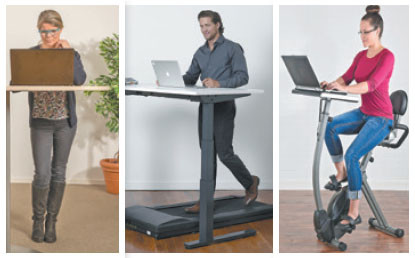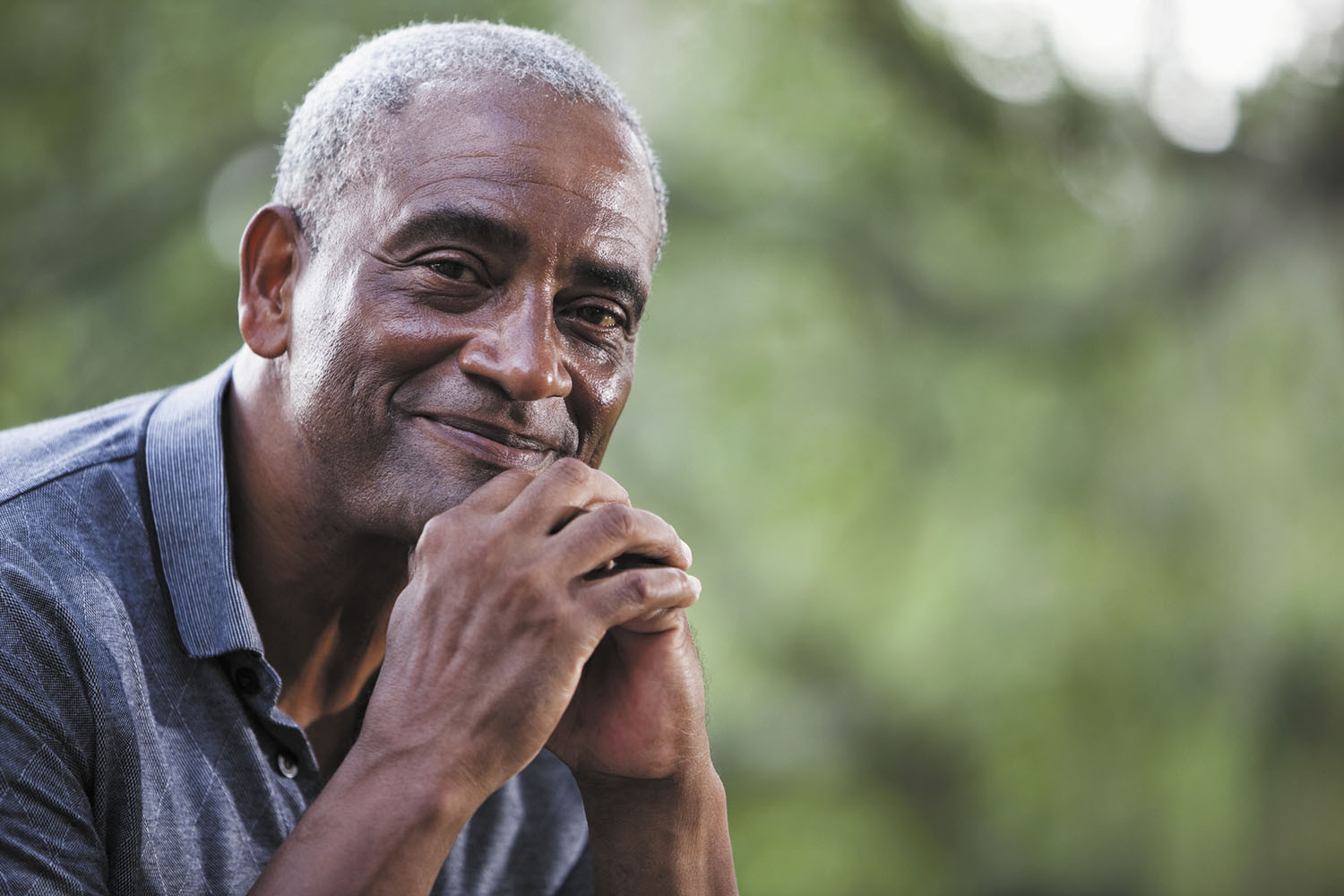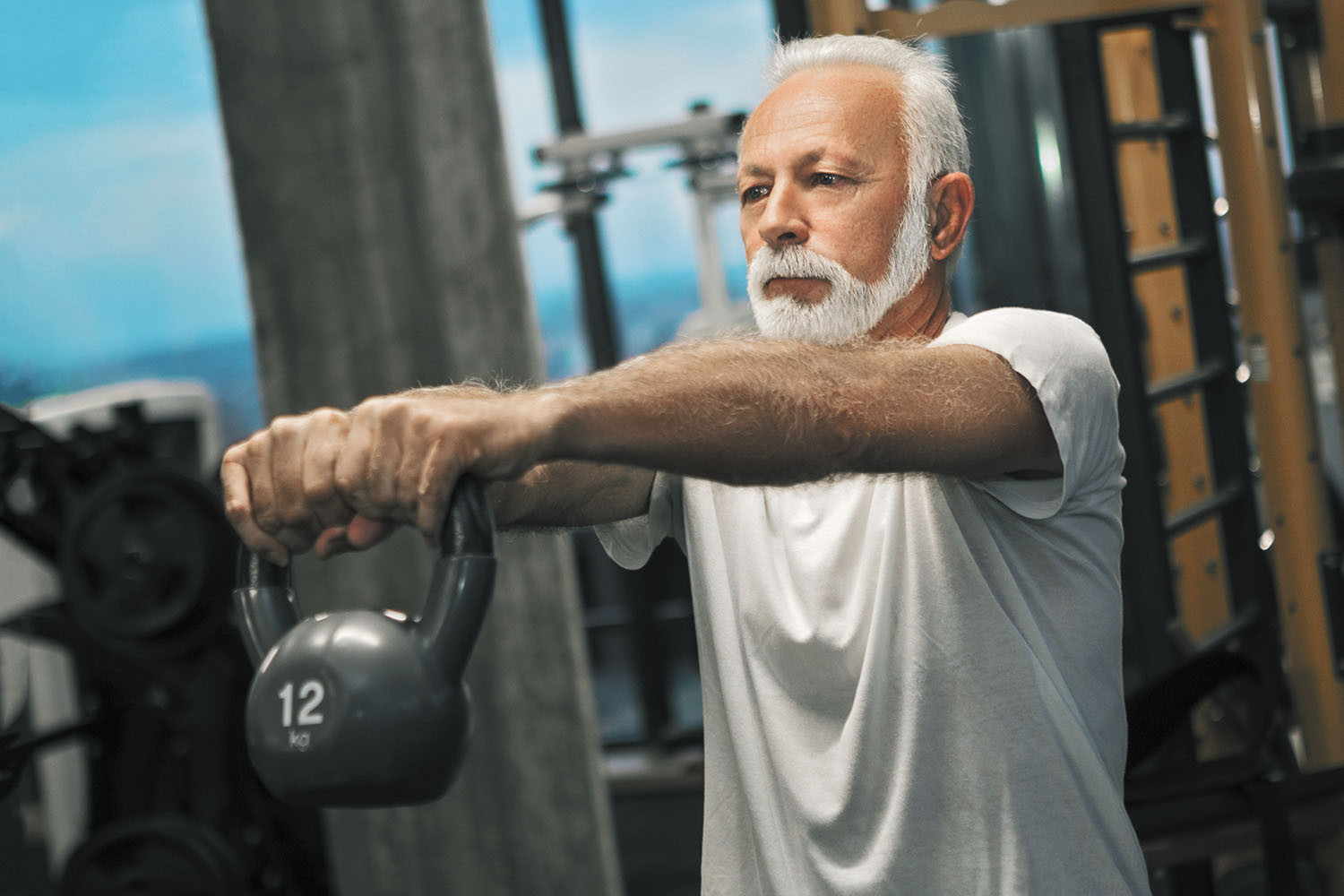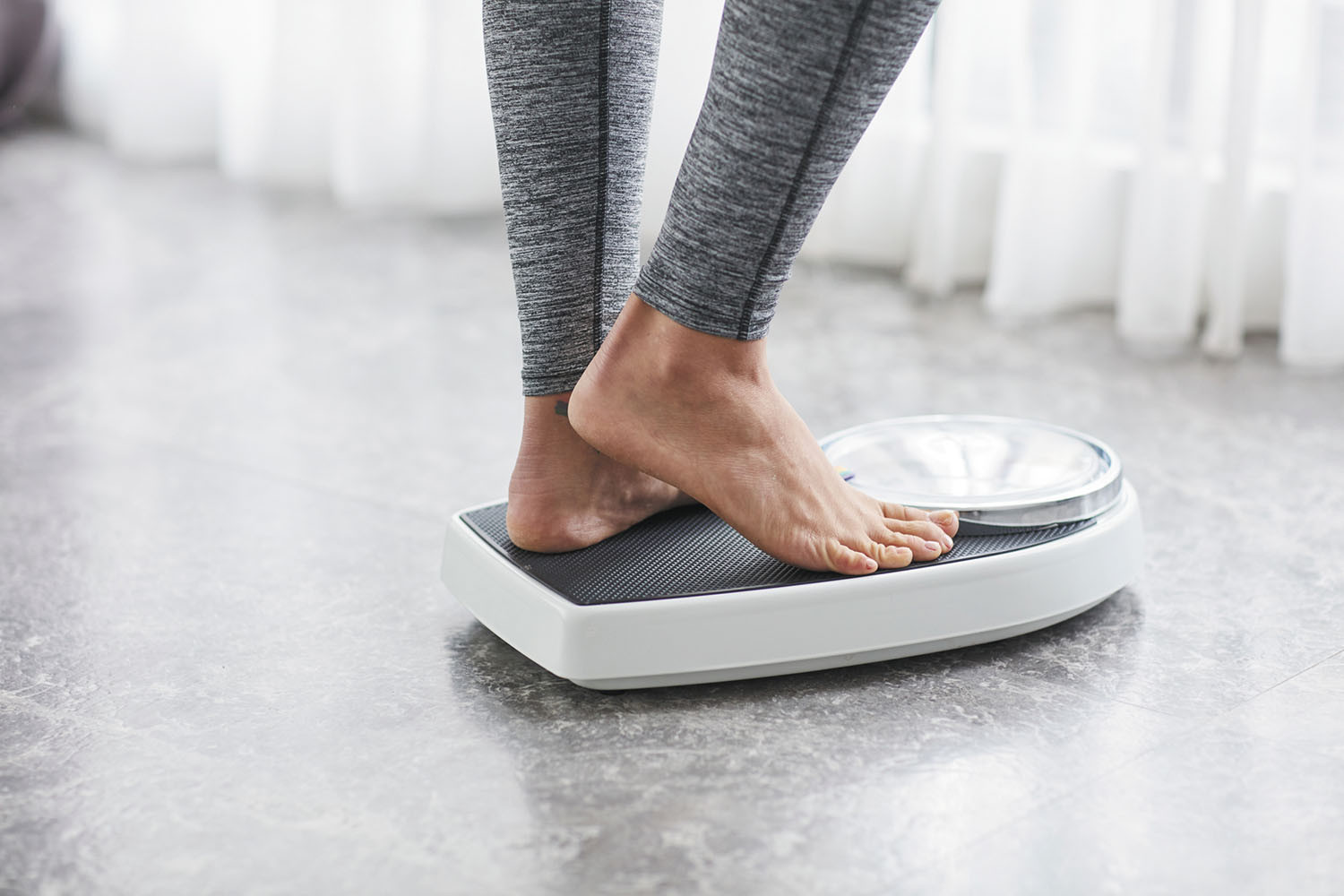
Counting steps is good — is combining steps and heart rate better?

Appendix pain: Could it be appendicitis?

Can saw palmetto treat an enlarged prostate?

How does Ozempic work? Understanding GLP-1s for diabetes, weight loss, and beyond

Zinc: What it does for the body, and the best food sources

Respiratory health harms often follow flooding: Taking these steps can help

Tips to leverage neuroplasticity to maintain cognitive fitness as you age

Can white noise really help you sleep better?

Celiac disease: Exploring four myths

What is prostatitis and how is it treated?
Staying Healthy Archive
Articles
Taking medications on the road
Ask questions about rules, and get supplies in advance.
When it's time for an overnight or extended trip, there are lots of things to pack — your clothes, toiletries, and maybe important documents. But sometimes medicine isn't at the top of the list. "I hear about people forgetting medications at home, not bringing enough for the whole trip, or packing them in a suitcase that gets lost," says Dr. Suzanne Salamon, associate chief of gerontology at Harvard-affiliated Beth Israel Deaconess Medical Center.
Whether you're staying across town or traveling around the world, consider the following strategies to help you maintain your medication regimen.
Should you use an active workstation at home?
These desks are tied to both health benefits and risks.
Active workstations aren't just for the office. The desks that enable you to stand, walk, or cycle while working are showing up in schools, libraries, airports, hotels, and even coffee shops. But is an active workstation so important you should use one at home, and is it safe for an older adult?
Why they're popular
Active workstations help people reduce time spent sitting. Prolonged periods of inactivity are linked to heart disease, stroke, diabetes, and even an early death. "All of our body functions — including blood flow, blood pressure, heart and lung function, and blood sugar processing — improve when we expend energy with physical activity, but they decline with inactivity," says I-Min Lee, a professor of medicine at Harvard Medical School who studies the role of physical activity in disease prevention.
It's never too late to start exercising
News briefs
So you spent the first half of your life as a couch potato, and think it's too late for exercise to do any good? Think again. An observational study published online March 8, 2019, by JAMA Network Open links exercise to a lower risk for an early death, even if you wait until middle age to start a regular routine. Researchers analyzed health and exercise surveys from 315,000 older adults in the 1990s, then followed up to see who was still alive in 2011. Compared with people who never exercised, older adults who'd exercised consistently since they were teenagers had a 36% lower risk of dying during the study period. Those numbers were similar to the results for people who'd been inactive in their youth and only began exercising regularly in their 40s, 50s, and 60s. That group had a 35% lower risk of dying, compared with people who never exercised. The findings suggest that it's never too late to start an exercise regimen. Try brisk walking, swimming, or any exercise that gets your heart and lungs pumping.
Image: © adamkaz/Getty Images
Want to live longer? Rethink sugary drink consumption
News briefs
Drinking lots of sugary drinks — like soda, fruit punch, lemonade, or sports drinks — is associated with many health problems, such as weight gain and an increased risk for diabetes, heart disease, or stroke. But a Harvard-led observational study published March 18, 2019, in Circulation finds an even graver tie, linking sugar-sweetened beverage consumption to an early death. Researchers analyzed the data from two large studies of more than 110,000 men and women who responded to questionnaires about their lifestyle and health for about three decades or longer. The more sugary drinks participants consumed, the higher their risk for death from any cause during the study period. For example, compared with people who rarely drank sugary beverages, those who drank two to six sugary drinks per week had a 6% increased risk for an early death; those who drank two or more sugary drinks per day had a 21% increased risk for an early death, especially from cardiovascular disease (and especially among women). Drinking four or more artificially sweetened drinks per day (but not lesser amounts) also was tied to a slightly higher risk for early death. Best advice: avoid sugary drinks of any kind, and avoid drinking more than one artificially sweetened beverage per day.
Image: © Eivaisla/Getty Images
Regain your confidence
Lost your self-confidence? These five strategies can help you find it.
As you become older, it's common to lose some confidence as your body changes and you face life-altering events, like retirement, health issues, and loss of loved ones.
"Yet many men don't recognize the impact that lack of confidence can have on their lives," says Fred Silverstone, a licensed mental health counselor and founder of the SAGE (Successful Aging through Group Engagement) program at Harvard-affiliated McLean Hospital. "It can make men more withdrawn, less active, and more fearful about everyday events like driving and handling technology. They begin to believe they can't live like they once did."
Take a swing at kettlebells
Here's why you should add kettlebells to your workouts.
Once considered trendy gym equipment, kettlebells now rank among the most versatile, go-to exercise tools.
Kettlebells look like a ball or bell with a handle on top. They vary in weight from 5 to 30 pounds or more. While they can function similarly to dumbbells, kettlebells have some distinct advantages. Unlike dumbbells, for example, kettlebells have an offset center of gravity.
Blueberries may help lower blood pressure
In the journals
Eating a cup of blueberries every day may help your blood pressure, suggests a new study. The results, published online Feb. 16, 2019, by The Journals of Gerontology, Series A: Biological Sciences and Medical Sciences, found that consuming 200 grams of blueberries (about one cup) daily can improve blood vessel function and decrease systolic blood pressure (the top number in a blood pressure reading).
Researchers recruited 40 healthy men and randomly gave them either a drink containing 200 grams of whole wild blueberries or a control drink (which looked and tasted much the same) every day for a month. The team also monitored the men's blood pressure as well as the flow-mediated dilation of the brachial artery in their upper arms. This measures how the artery widens when blood flow increases and is a marker of reduced cardiovascular disease risk.
Is under-the-tongue allergy therapy safe and effective?
Ask the doctors
Q. I have seasonal allergies and I'm thinking about getting allergy shots to control them. But I hate shots and would prefer the sublingual treatments. Are these treatments considered equally safe and effective?
A. The short answer to your question is yes. Sublingual allergy treatments, which are small doses of allergens administered as tablets or liquid drops under the tongue, are considered safe and effective compared with allergy shots.
Is lack of exercise a problem if I'm at my ideal weight?
Ask the doctors
Q. I don't need to lose weight, so I don't exercise very often, but I maintain a healthy diet. Could my lack of exercise lead to health problems?
A. Exercise is essential for good health — even if you're not overweight. This point is illustrated by a recent study, published March 1 in The American Journal of Cardiology. It found that 30% of normal-weight people who were sedentary had the same risk of heart attack and stroke as people who were overweight. In short, just being at a healthy weight didn't necessarily ensure that someone was in good health. In addition to having a higher risk of serious cardiovascular events, some inactive but normal weight people were also more likely to have labored breathing during exercise and a larger-than-recommended waist circumference, compared with normal-weight adults who exercised regularly.
Sleeping in on the weekend won't help you recover from lost sleep
Research we're watching
Many people skimp on sleep during the week and try to make up for lost time on the weekend. But a study published February 28 in Current Biology shows this strategy won't necessarily reverse the ill effects of sleep deprivation on your body.
The study, conducted in a sleep lab, tested the health effects of three sleep strategies over a two-week period. Participants in one group were allowed to sleep up to nine hours a night. Those in a second group were limited to five hours a night. People in the third group slept five hours nightly during the week, but were allowed to sleep in on Saturday and Sunday.

Counting steps is good — is combining steps and heart rate better?

Appendix pain: Could it be appendicitis?

Can saw palmetto treat an enlarged prostate?

How does Ozempic work? Understanding GLP-1s for diabetes, weight loss, and beyond

Zinc: What it does for the body, and the best food sources

Respiratory health harms often follow flooding: Taking these steps can help

Tips to leverage neuroplasticity to maintain cognitive fitness as you age

Can white noise really help you sleep better?

Celiac disease: Exploring four myths

What is prostatitis and how is it treated?
Free Healthbeat Signup
Get the latest in health news delivered to your inbox!
Sign Up











